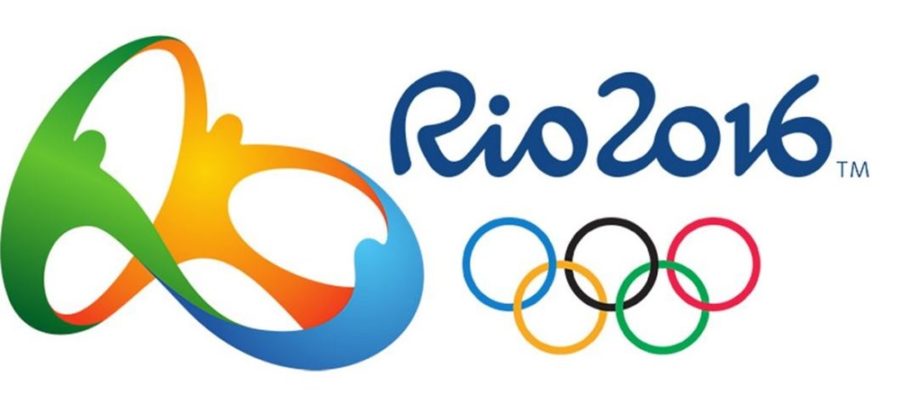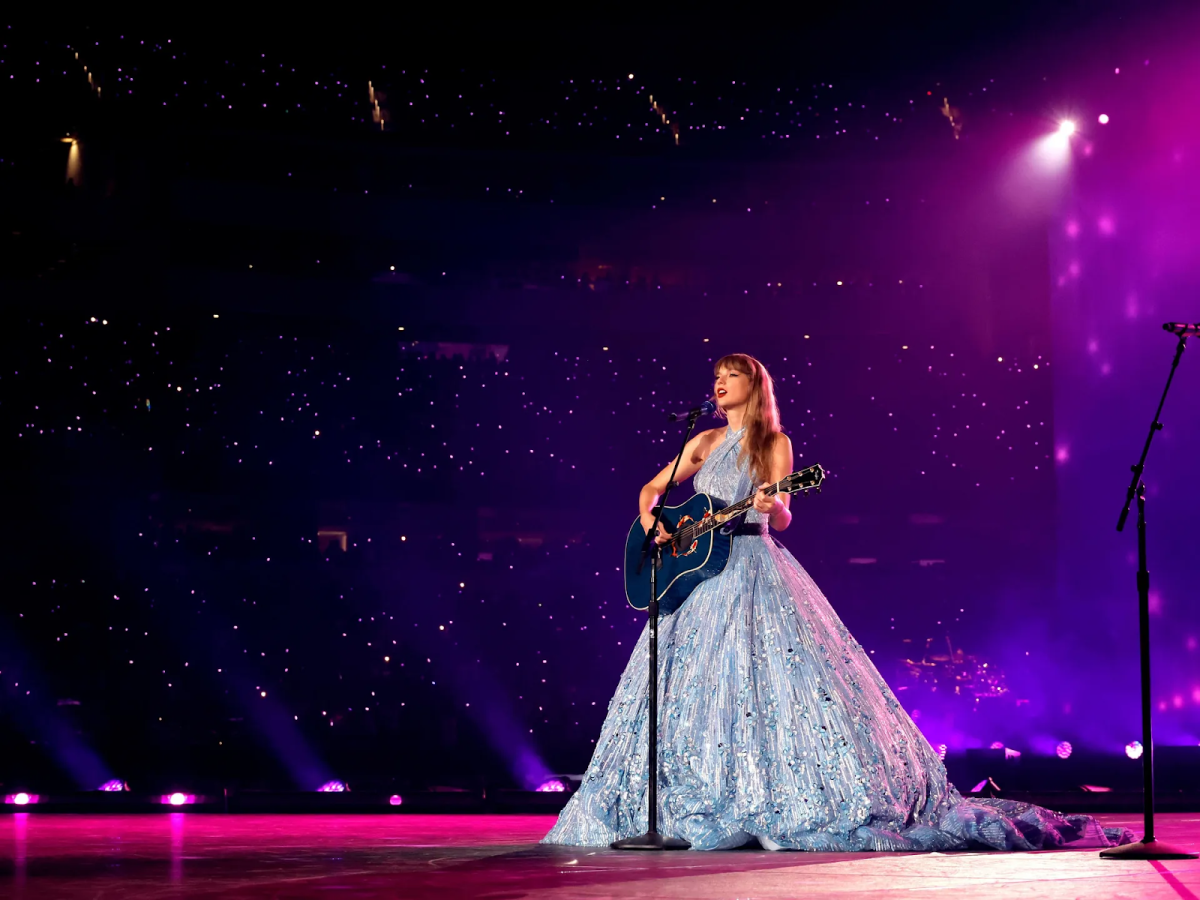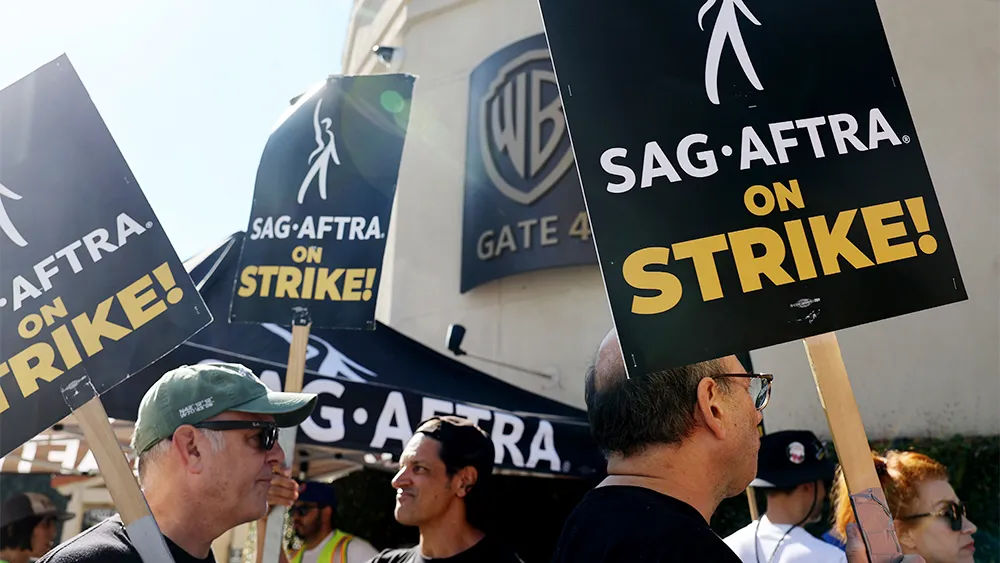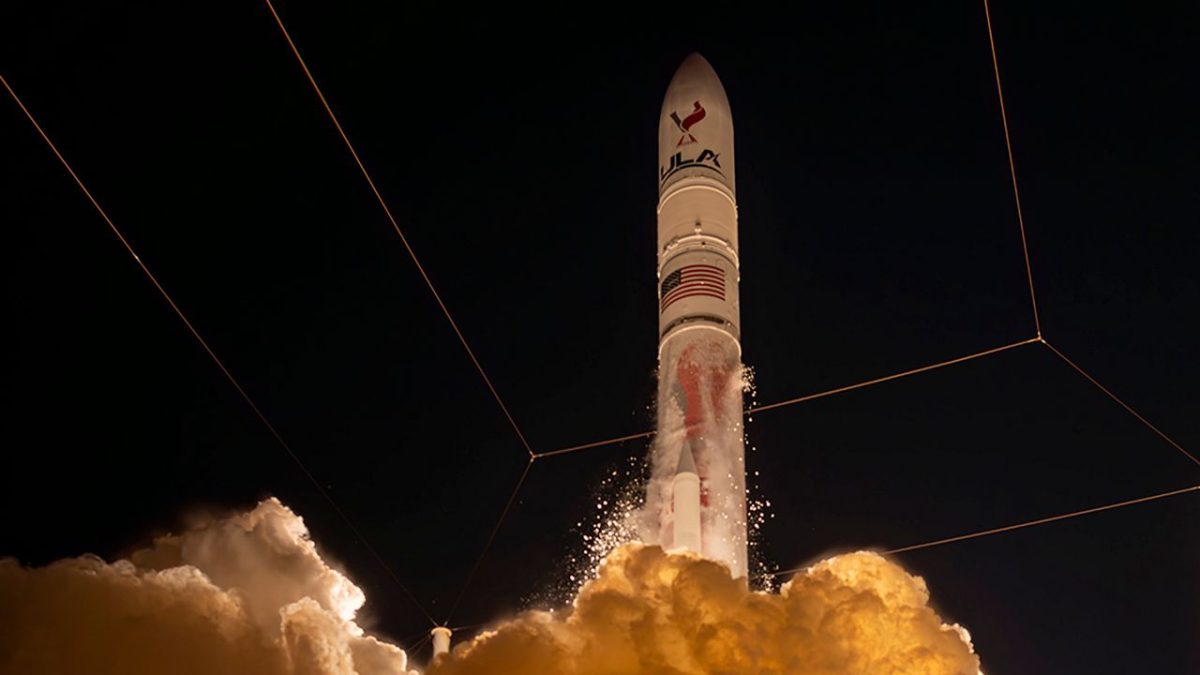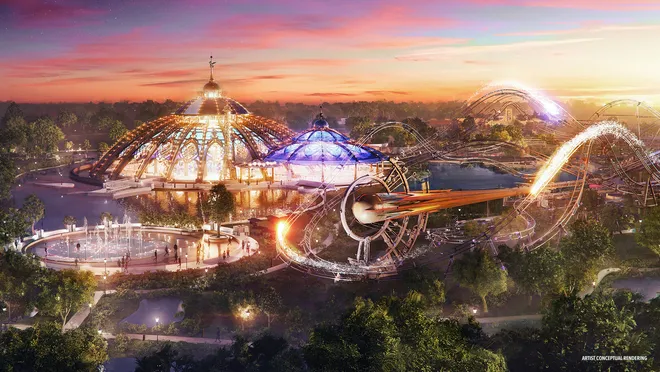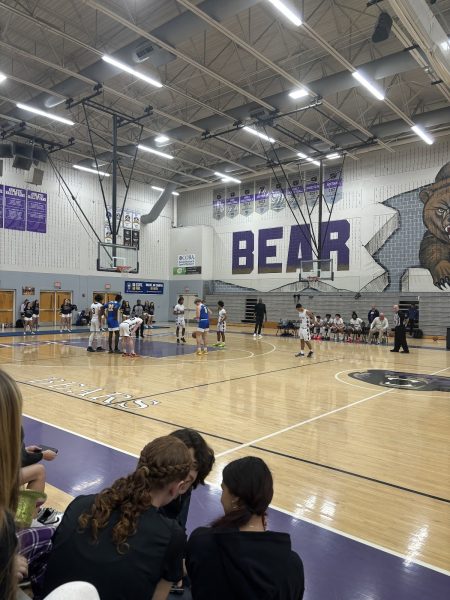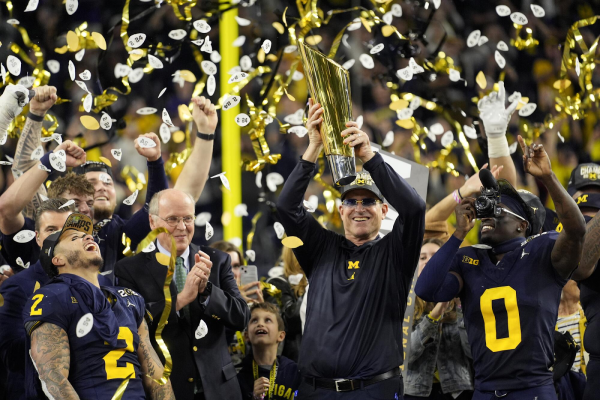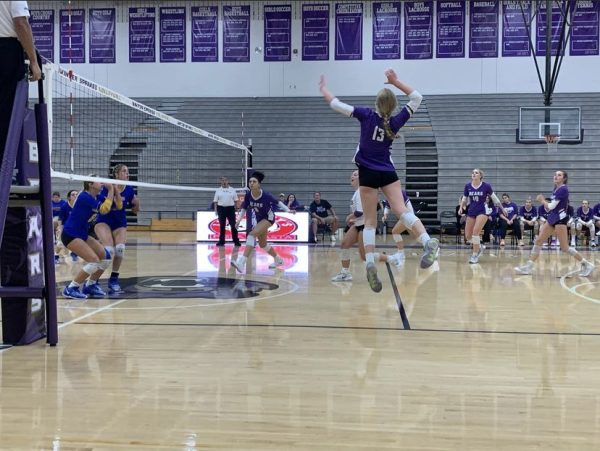2016 Rio Olympics Come at a Price
September 1, 2016
The Olympics have brought together countries for countless years, but it also serves as a distraction to the harsh reality Brazilians face every day.
Even before the Olympics began, there have been many red flags that question the morality of these games being held in Brazil. From President Dilma Rousseff declaring bankruptcy in June, and the protests of unpaid police officers, firefighters, and teachers— there is no question that Brazil is in a state of crisis, and simply not a place fit for hosting such a demanding event. It wasn’t a hello that greeted the network of Olympians, instead they received a sign from protesters saying “Welcome to Hell.” The light the media has shed on Olympians having to live in what they consider inhumane conditions is just a glimpse of what the lower class of Brazil has to endure. But the Olympians go back home, and the citizens’ cries for help will slowly diminish as the Olympic spotlight fades.
As provided by Australia ABC, Silveira, a person who lives in the Rio slums says, “This park is very nice, people really enjoy it here. But the minute we leave to cross the train tracks, we get robbed on the overpass. Crime is only getting worse.”
So if Brazil is in such a critical state, how did they win the Olympic bid? In 2009 the most important part of the Olympic bid was the pledge to clean up the sewage spill in Guanabara Bay, and a program to lift all low-income settlements out of poverty and into decent urban living standards by 2020. But since then, Brazil has seen the worst recession since the 1930s, and failed to prioritize these needs in The Olympic Legacy Project. Its goal was to build infrastructure to bind the gap between economic classes, but these conditions haven’t changed.
The inequality gap in Brazil is widening. While the number of millionaires rises, more and more fall into poverty. But this isn’t just a problem that is seen in third world countries. We have the same problem here in the United States. Income disparities have become so pronounced that America’s top 10 percent now average nearly nine times as much income as the bottom 90 percent here in the US.
In 2020 the Olympics will be held in Tokyo, a country with a strong economic base. It’s inevitable that something will go wrong, but the motive for hosting will not be an attempt at an illusion of progress towards building infrastructure.

